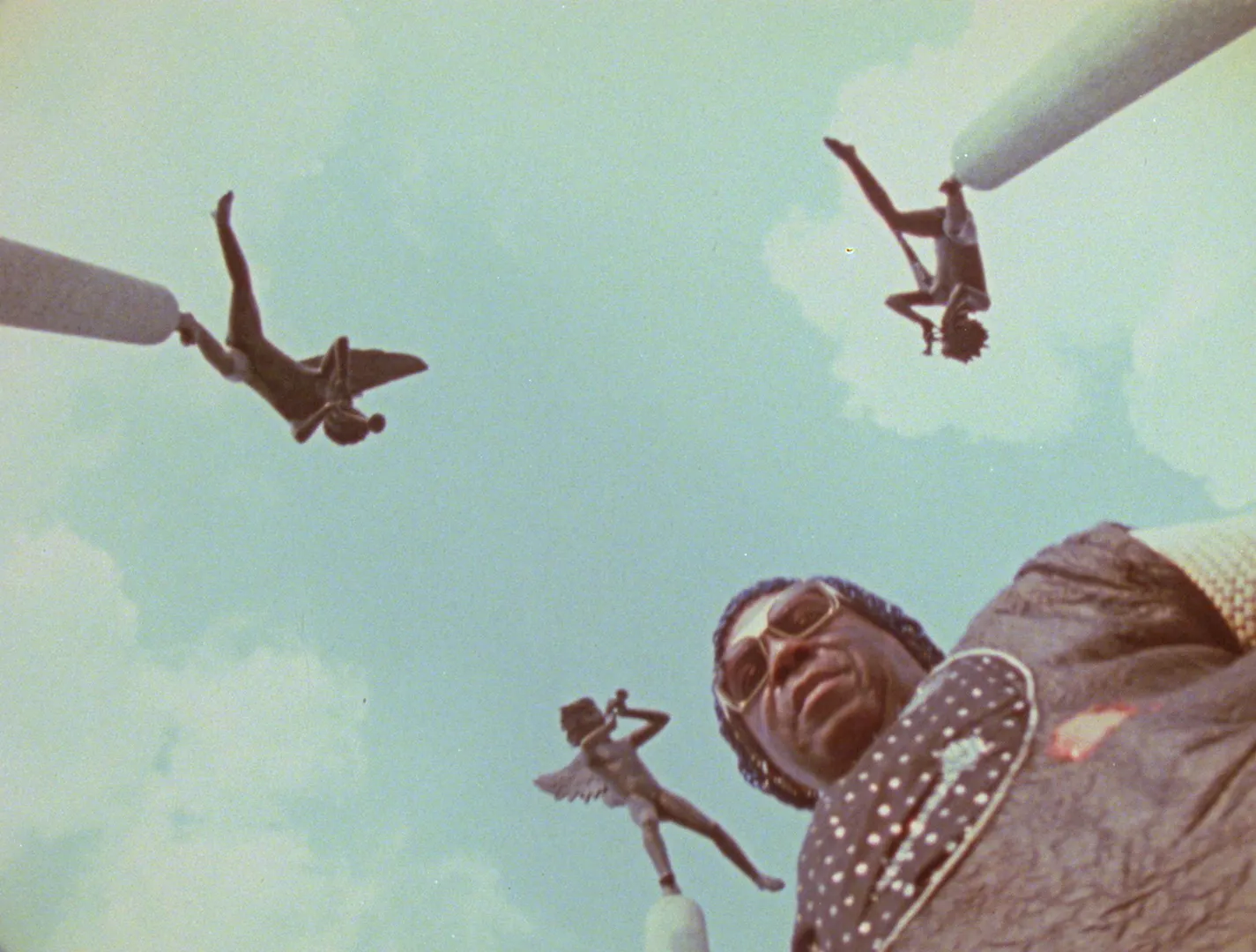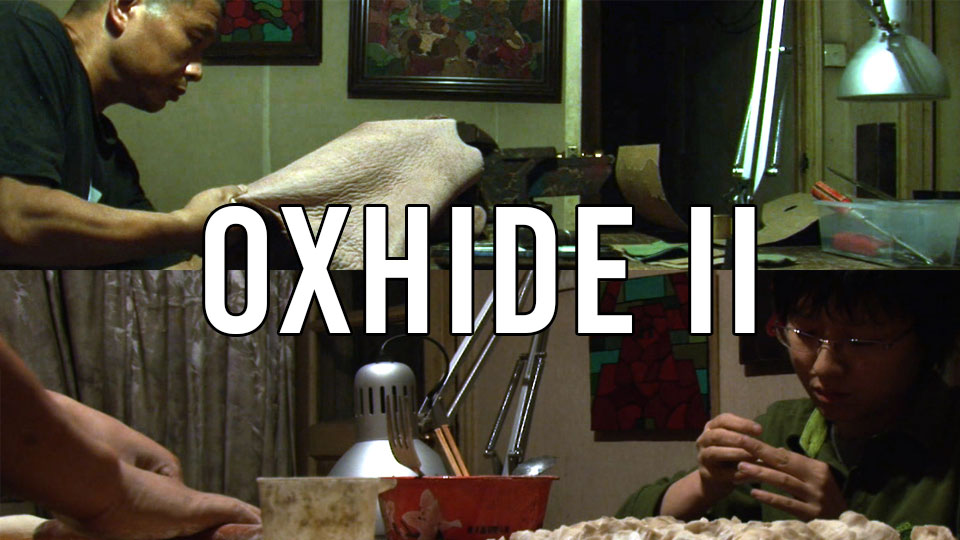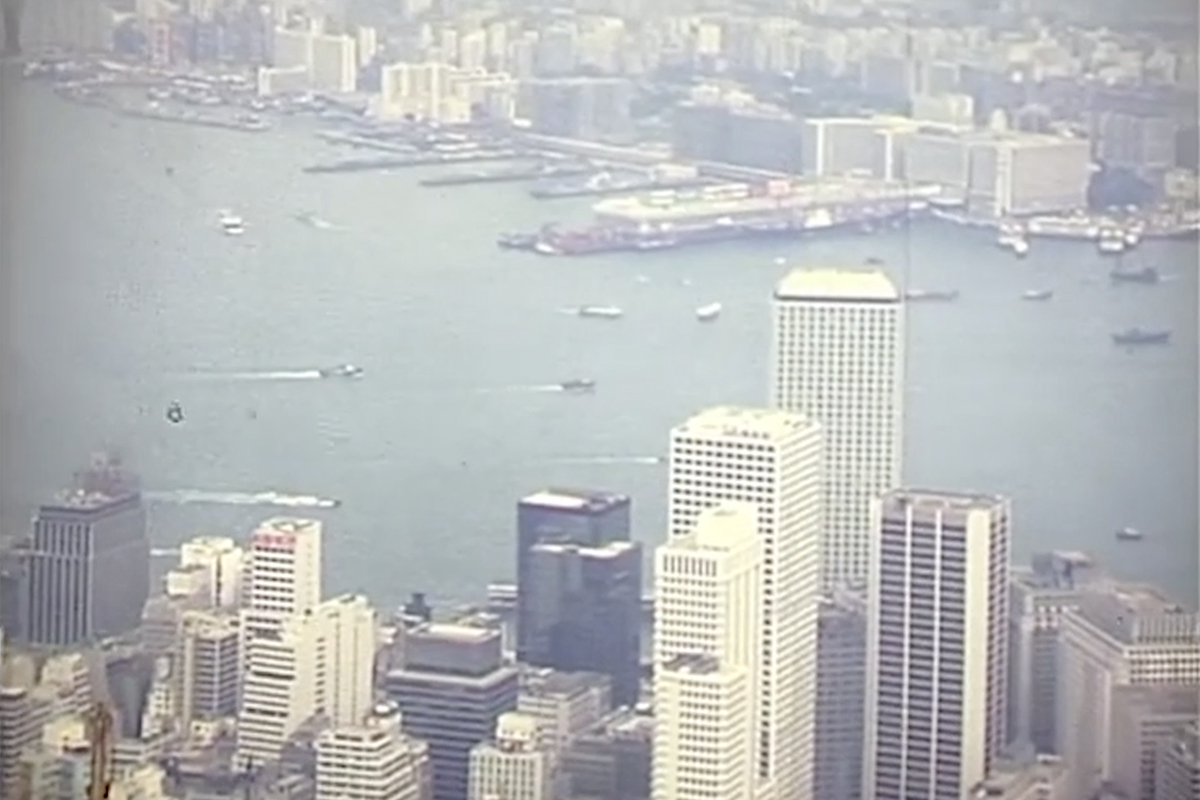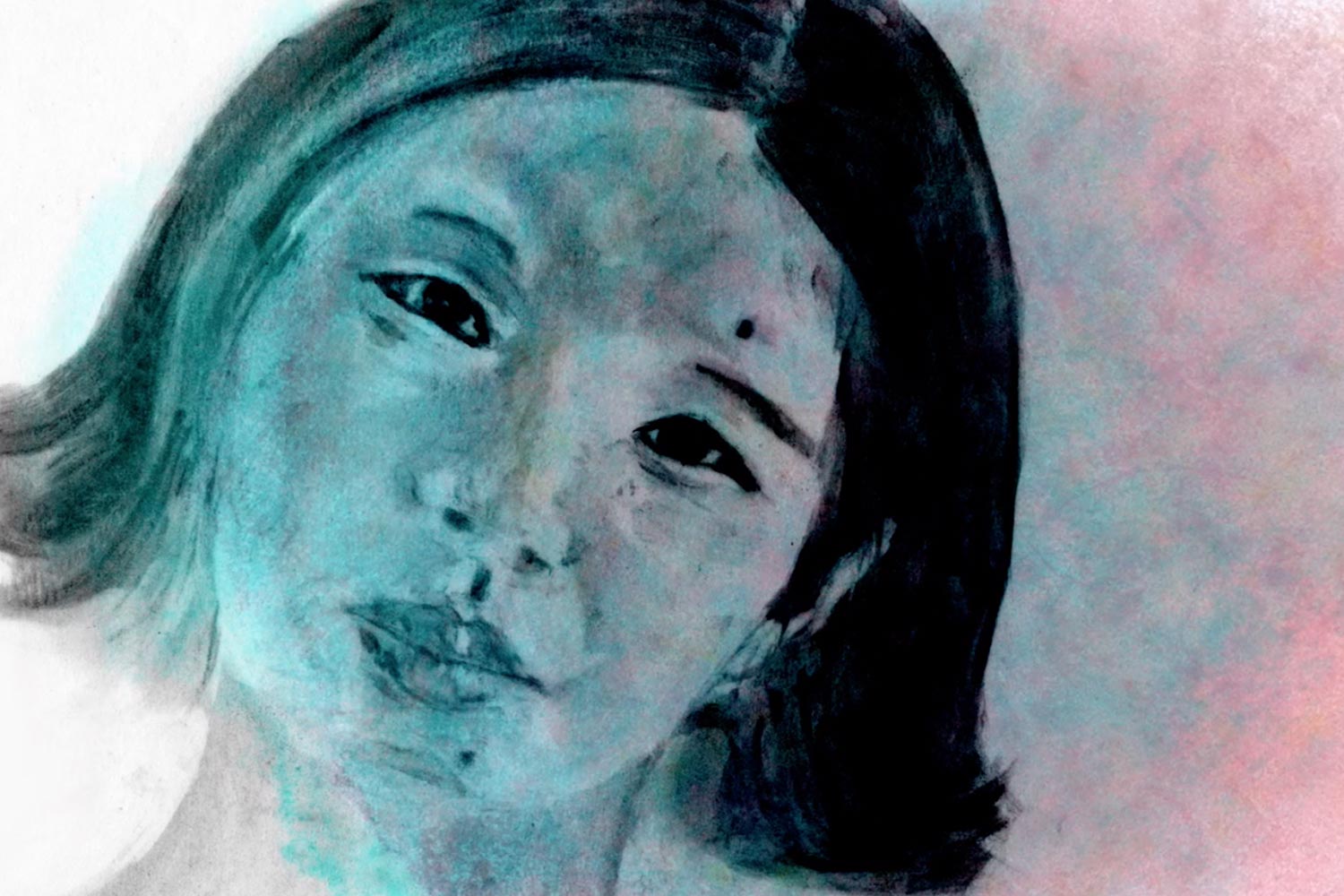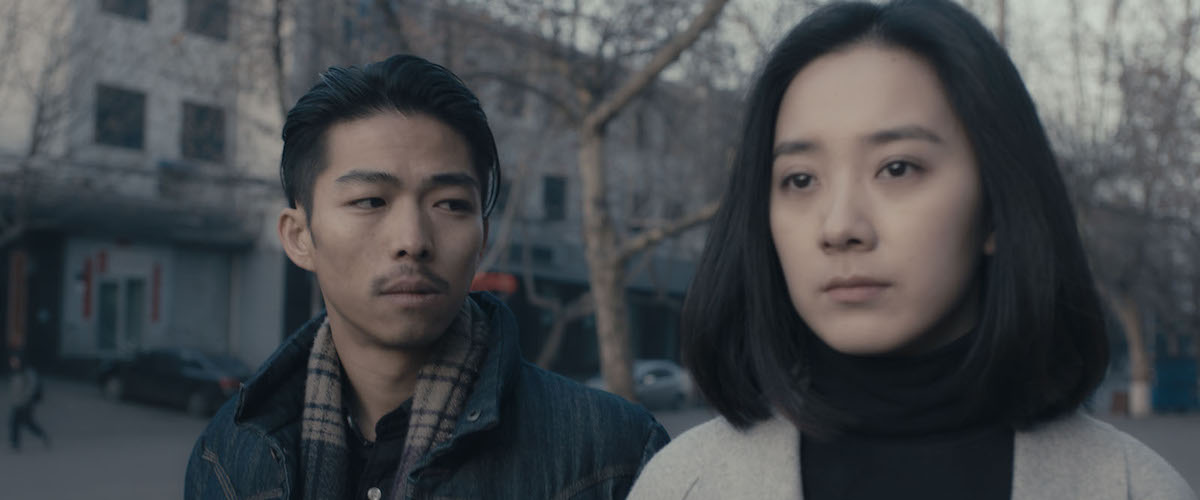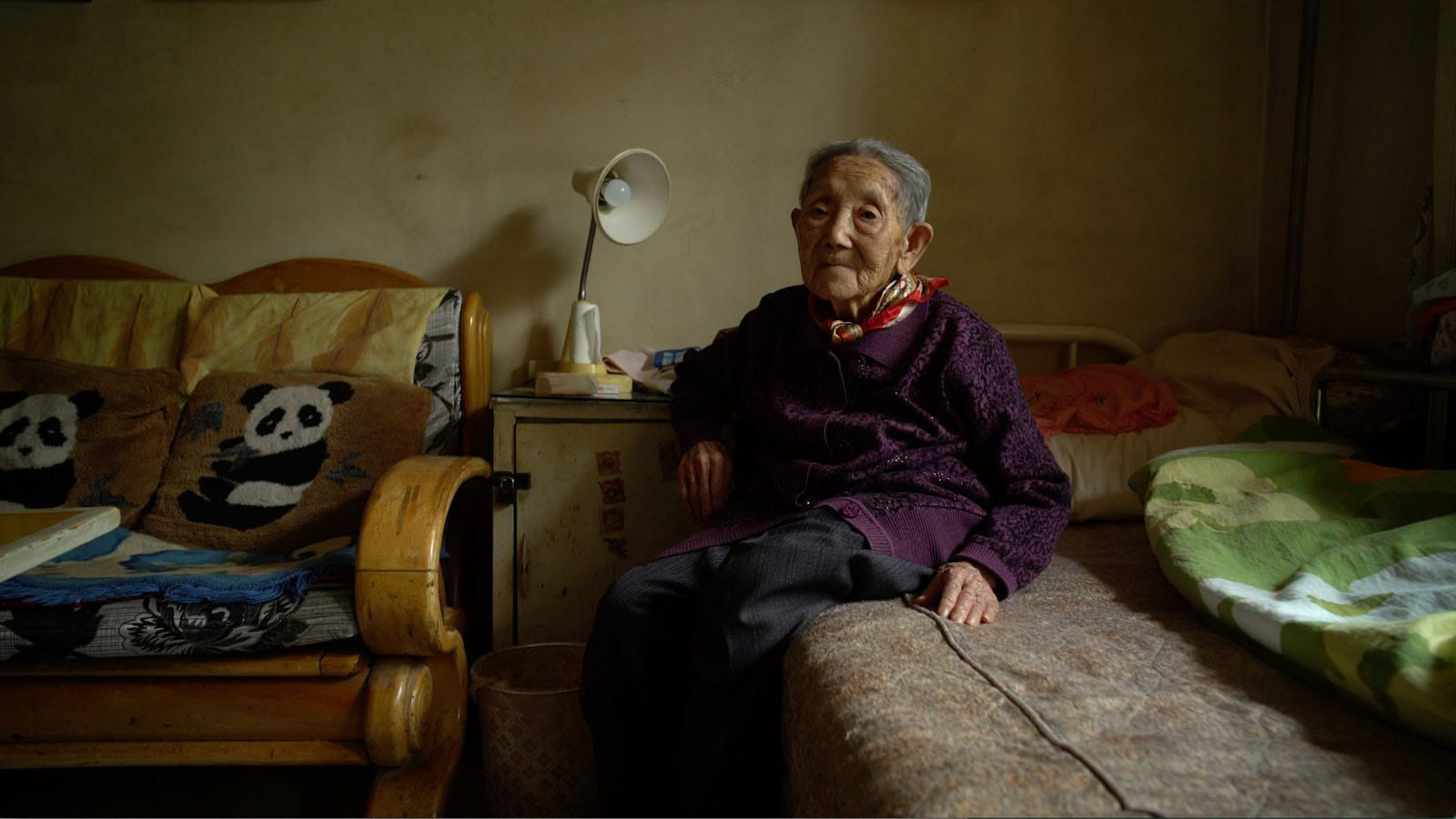OVID’s September Lineup: ABBA, American Jews & Zionism, Soccer Fanatics, Korean Animation, Romanian Sci-Fi, Patricio Guzmán’s first film, Wang Bing’s hit from last year, Gaspar Noé’s VORTEX… & more!
OVID.tv, the curated streaming destination for documentary and art-house films from around the world, announces its wide-ranging selection of 26 new films coming in September 2024.
The Slow Craft of Oxhide II
A review by Alex Fields. In Oxhide I & Oxhide II, filmmaker Liu Jiayin takes us into a cramped Beijing apartment, casting her parents and herself as fictionalized versions of themselves. In the following post, film critic Alex Fields pays particular attention to the second installment, wherein the director fixes her camera around the kitchen […]
A Spotlight on Hong Kong
By Karin Chien Amidst global crises competing for our attention, I value the current attention that is being paid to Hong Kong and its recent protests, coming in part from the splashy new drama series on Amazon Prime, The Expats. If you’re looking for more on Hong Kong, we are proud to offer six extraordinary, […]
More Than Movie Theaters: Why Aren’t We Talking About Exhibition?
The impulse of nostalgia, for a return to normal, is what I hear most these days, dominating Zoom meetings, indie film panels, business articles in the trades. Forced to address the sudden and severe disruption of distribution and exhibition, the conversational focus often drifts to ... movie theaters and whether audiences will go back. What I hear industry vets say, repeatedly, is that the theatrical business will rebound but the window (the time before the film hits VOD) will shorten. Yes, this has been true for 15 years. And there is so much more we should be talking about. I’m writing th
Zeng Jinyan on China’s Working Women
In her keynote address at IDA's 2020 Getting Real Documentary Conference, Zeng Jinyan, the producer and director behind the films We the Workers (2017) and Outcry and Whisper (2020), provides her point of view on working women in China.
Towards A Thriving Film Culture
On the occasion of the streaming release of two landmark Chinese independent films – Wen Hai and Zeng Jinyan’s Outcry and Whisper and Hu Bo‘s An Elephant Sitting Still – the good folks at Ovid asked me to share some thoughts. If you watch only two Chinese films this year, watch these two. I stand in awe of both films. Taken together, they form as deep, complex and varied a portrait as possible of contemporary China. Neither film should exist. Yet, they do. Beautifully. Miraculously. Brazenly. The producer and writer of Outcry and Whisper survived years of house arrest. The director o
Defeating the Notion of a Coherent Path to Mastery: Wang Bing’s “Dead Souls”
The immersive, unforgiving documentaries of Wang Bing are often described in terms that would have their director as the Olympic marathoner of the contemporary cinema pantheon. Not only do his films appear monumental by virtue of their long running times, but Wang, even when his voice and image are effaced from his films, is no less present, evidently matching as best he can the intense physical demands of his subject’s environments, whether this be the toxic fumes of a smelting plant (the “Rust” section of West of the Tracks) or the everywhere-by-foot vertiginous slopes in Yunnan provin

